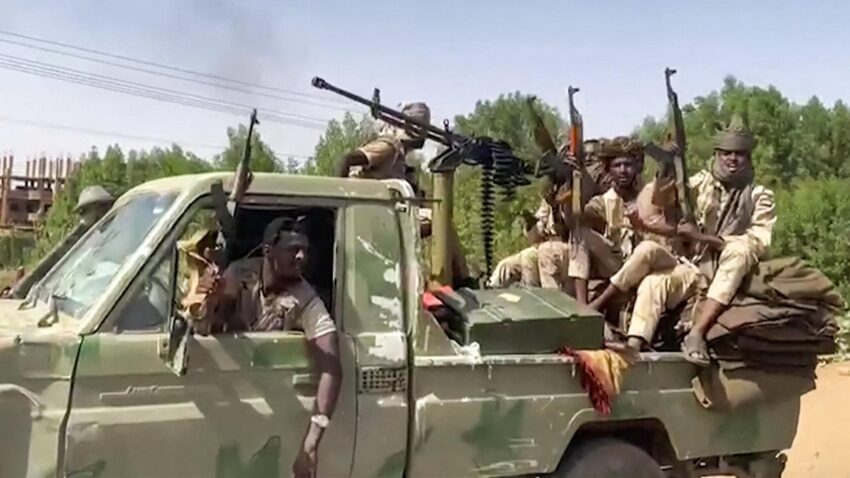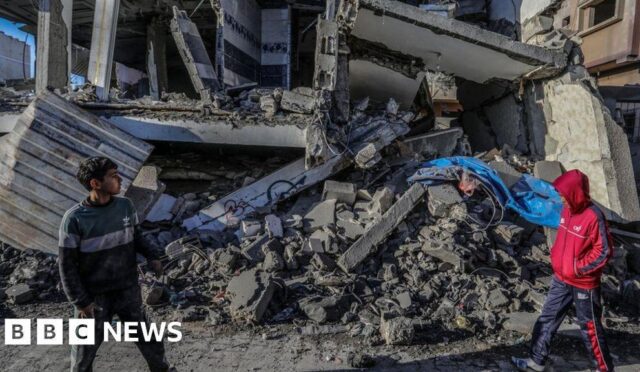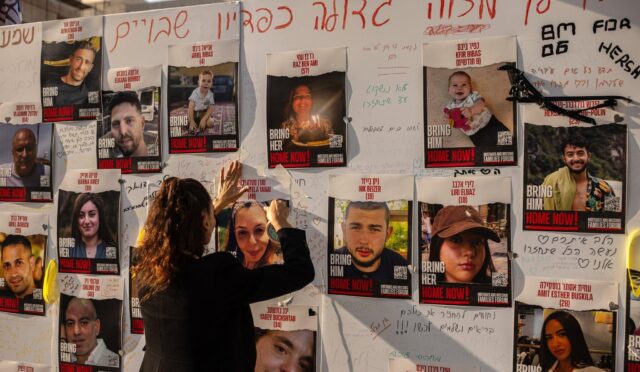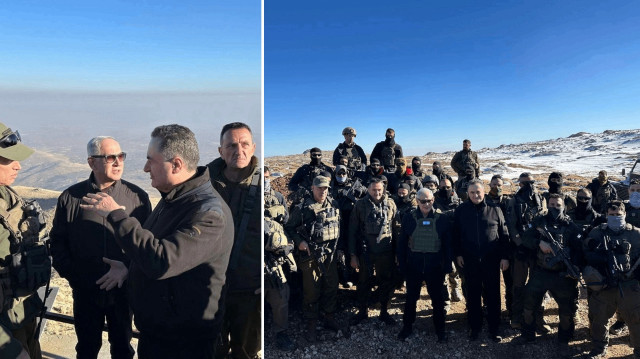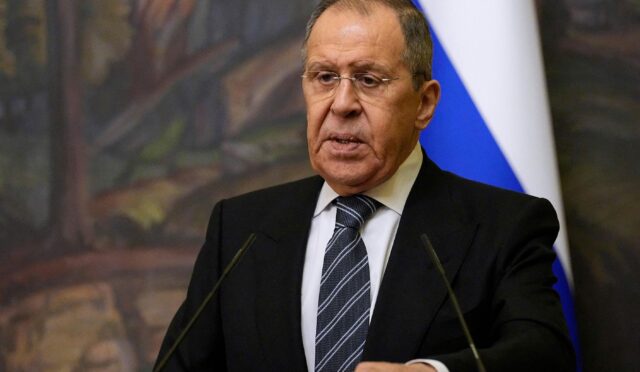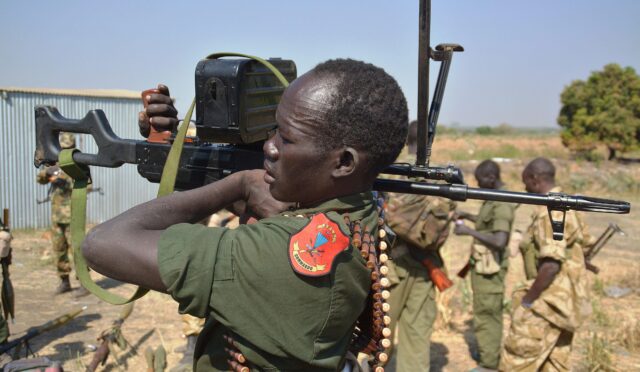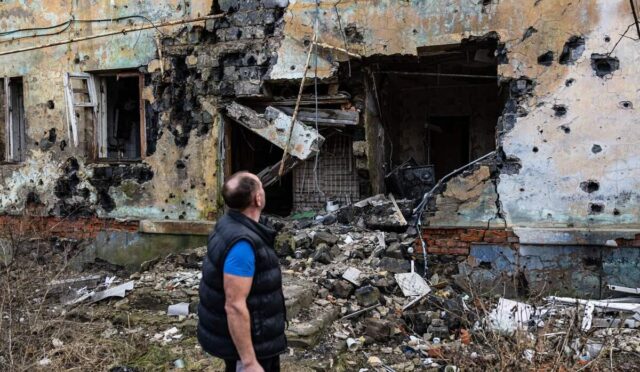Sudan Paramilitaries Kill 57 in Darfur Attacks
In a harrowing escalation in North Darfur, paramilitary forces killed 57 civilians on Friday during a ruthless attack on the besieged city of El-Fasher and a nearby famine-stricken camp. This incident was reported by local activists as the struggle for dominance in western Sudan intensifies. The Rapid Support Forces (RSF), embroiled in conflict with the Sudanese army since April 2023, launched a major offensive utilizing heavy artillery, snipers, and suicide drones, primarily from the east and northeast of the city.
According to a local resistance committee composed of volunteer aid workers, by late afternoon on Friday, 32 civilians had lost their lives in El-Fasher, which included four women and ten young children. Additionally, there were at least 17 reported injuries, with victims transported to hospitals for urgent care. Earlier reports detailed that RSF combatants had also targeted the crowded Zamzam displacement camp, resulting in 25 civilian fatalities, affecting vulnerable groups including women, children, and the elderly.
Escalating Conflict in Darfur
The assault on El-Fasher is part of a worrying trend of increasing violence, particularly against displacement camps. Just a day earlier, RSF shelling of the Abu Shouk camp near El-Fasher had claimed at least 15 lives and injured dozens more. Residents relayed to AFP that the RSF began their bombardment from multiple directions before launching a full-blown attack, amplifying fears among the community that had already suffered severe disruptions due to ongoing conflict.
Witness accounts indicate that RSF combat vehicles invaded the Zamzam camp under the cover of heavy gunfire, exacerbating the chaos in an area that has already borne the brunt of nearly two years of fighting. The RSF’s actions reflect a strategic objective to consolidate control over Darfur, which has become increasingly precarious following their recent loss of the capital, Khartoum.
The Humanitarian Crisis
The Zamzam camp has seen a devastating impact from the ongoing violence and was the first area in Sudan to be officially declared as experiencing famine last year. Current estimates suggest that famine conditions have spread to at least two additional camps—Abu Shouk and Al Salam—as well as newer regions in southern Sudan. These statistics highlight a deepening humanitarian crisis affecting countless civilians caught in the crossfire.
The conflict, originally sparked by a power struggle between army chief Abdel Fattah al-Burhan and RSF commander Mohamed Hamdan Daglo, has now persisted for nearly two years, resulting in extensive loss of life and the displacement of over 12 million individuals. While military forces regained some control in Khartoum recently, the country remains severely fragmented, with the army asserting influence in the eastern and northern regions while the RSF maintains control over much of Darfur.
International Response to Ongoing Violence
On Friday, the UN High Commissioner for Human Rights, Volker Turk, cautioned that the ongoing conflict poses grave risks to civilian populations as it approaches a third year. His warning underscores the urgent need for both sides to halt hostilities and for the global community to intervene more decisively.
Turk emphasized, “Two years of this brutal and senseless conflict must serve as a wake-up call for both parties to cease their hostilities and for the international community to take action. Sudan must not continue on this destructive path.” Such statements highlight a growing concern that without substantial intervention, the humanitarian and security situation in Sudan will only worsen.
